#UWM Native American and Hawaiian Literature Collection
Photo



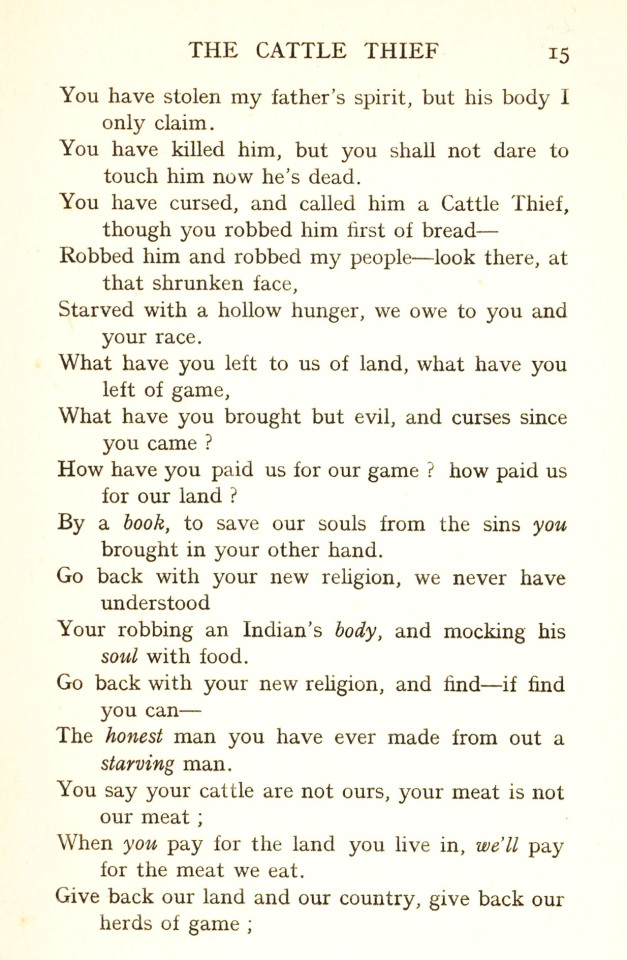

A Henty A Week
We are using the occasion of Native American Heritage month to state unequivocally that we reject George Alfred Henty’s representation of Native Americans in his work Redskin and Cow-boy: A Tale of the Western Plain. We hold two editions of this title published by Charles Scribner’s Sons: one published in 1891 and another published in 1916.
The tale is exactly what might be expected from a 19th century British imperialist concocting an adventure story based upon the themes of manifest destiny, ranching, and American cowboys. "Cowboys vs Indians” themes and tropes pervade not only popular culture but also the curriculum and academy of the United States still. Instead of reading historical Western fiction written by white people like G.A. Henty, we encourage readers to seek out works created by native peoples. Our own Native American and Hawaiian Literature Collection is a good place to start.
For example, the excerpt above from the poem “The Cattle Thief” by Tekahionwake (E. Pauline Johnson, 1861-1913), published in her 1895 collection The White Wampum, explores the violence of the westward migration of European settlers in the Americas on native people. You can read more about this poet and her publications in this post.
Likewise, one can read Roxanne Dunbar-Ortiz‘s and Dina Gilio-Whitaker’s “All the Real Indians Died Off”: and 20 Other Myths About Native Americans (Beacon Press, 2016), to tackle biases and stereotypes about Native American/settler interactions. For example, see their chapters on “Myth 5: Indians Were Savage and Warlike” or “Myth 7: Europeans Brought Civilization to the Backward Indians.” Learn more about these authors and their publication in this post
Want to learn more? Check out our post series Native American/First Nations Woman Writer of the Week.
Or, stop by during our walk-in hours, send us an e-mail, or request a research consultation in order to find more great resources by Native Americans or First Nations people!
UWM Special Collections department has a UWM Native American and Hawaiian Literature Collection, which endeavors to be a comprehensive collection of American Indian and Native Hawaiian thought and literary effort consisting of materials written or created by native peoples of the continental United States, Alaska, Hawaii, and Canada from all historical and contemporary periods. Materials in the collection include fiction, non-fiction, poetry, poetry, journalism, illustration and photography, transcriptions of oral literature, and native language materials. UWM Special Collections also works closely with the Electa Quinney Institute to identify, acquire, and preserve scholarly, educational, and historical materials relating to American Indian languages, especially the endangered languages of the American Indian peoples of Wisconsin (Ho-Chunk, Mohican, Menominee, Ojibwe, Oneida, and Potawatomi).
-Katie, Special Collections Graduate Intern
We acknowledge in Milwaukee that we live and work on traditional Potawatomi, Ho-Chunk, and Menominee homeland along the southwest shores of Michigami, North America’s largest system of freshwater lakes, where the Milwaukee, Menominee, and Kinnickinnic rivers meet and the people of Wisconsin’s sovereign Anishinaabe, Ho-Chunk, Menominee, Oneida, and Mohican nations remain present.
#George Alfred Henty#G.A. Henty#A Henty a Week#racism in literature#Historical Curriculum Collection#young adult fiction#illustrated books#colonialist fiction#Native Americans#american indians#Native American Heritage Month#UWM Native American and Hawaiian Literature Collection#land acknowledgement#Katie
26 notes
·
View notes
Photo


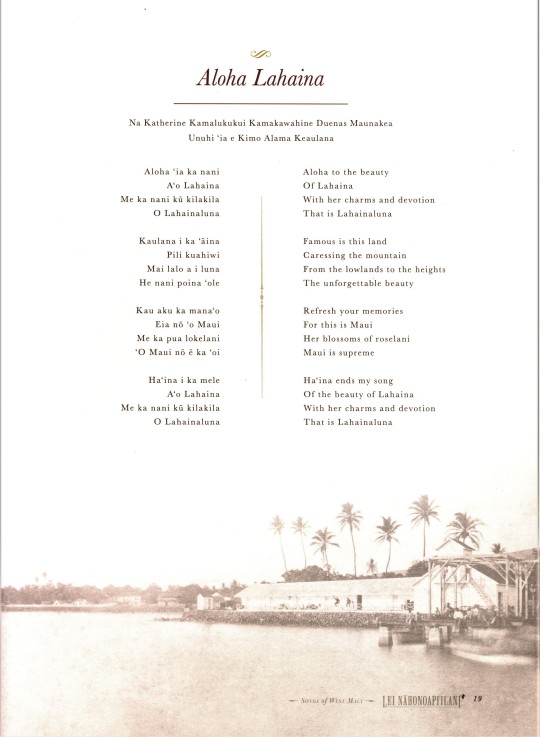
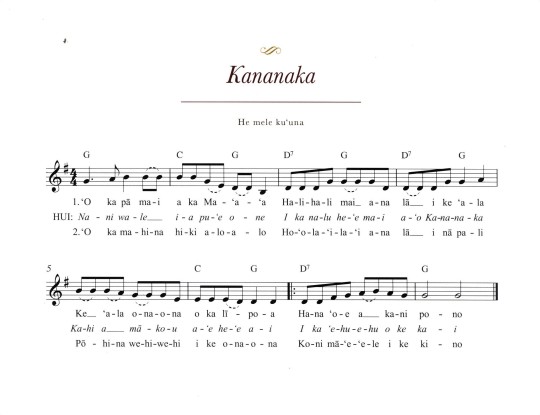


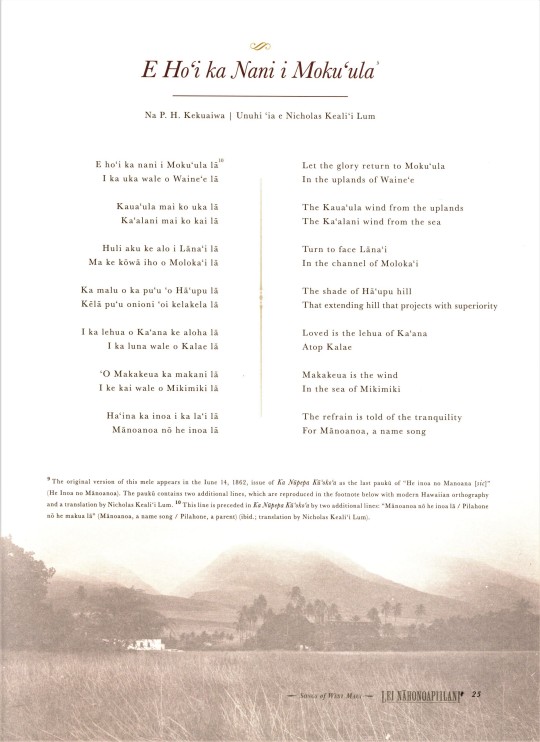

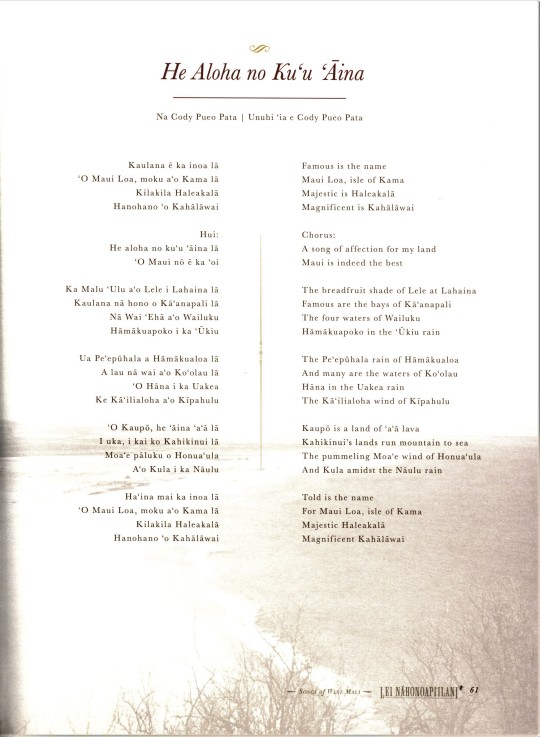

Hau'oli Lā Kamehameha!
Today, June 11, is Kamehameha Day. The first celebration of Kamehameha Day was held June 11, 1872, and was established by royal decree on December 22, 1871 by King Kamehameha V in order to honor the memory of his great grandfather Kamehameha (Kalani Pai‘ea Wohi o Kaleikini Keali‘ikui Kamehameha o ‘Iolani i Kaiwikapu kaui Ka Liholiho Kūnuiākea) (c.1758-1819), the chief who had united the Hawaiian Islands and became the first king of Hawai‘i. The day continued to be commemorated until a group of white businessmen and descendants of missionaries carried out the illegal overthrow of Queen Lili‘uokalani in 1893. In 1904, the holiday was reinstated by Prince Jonah Kūhiō Kalaniana‘ole and it continues to be celebrated on June 11 to this day.
To commemorate the day, we are sharing some select pages of Hawaiian music and lyrics from Lei Nāhonoapiʻilani, Songs of West Maui, edited by Hawaiian musicians and composers Nicholas Kealiʻi Lum and Zachary Alakaʻi Lum, and published in Honolulu by Kamehameha Publishing in 2019. The book includes more than eighty of the most beloved mele about West Maui. This collection of mele carries stories of place, time, and people that belong to the ʻāina of the West Maui mountains. Our copy is a gift of the North Beach-West Maui Benefit Fund Inc. and forms part of our Native American and Native Hawaiian Literature Collection.
View another Kamehameha Day post.
#Kamehameha Day#holidays#Hawaii#Hawai‘i#Hawaiian holidays#Hawaiian music#Kamehameha I#Kamehameha V#Lei Nāhonoapiʻilani#Songs of West Maui#mele#Nicholas Kealiʻi Lum#Zachary Alakaʻi Lum#Kamehameha Publishing#North Beach-West Maui Benefit Fund Inc.#UWM Native American and Native Hawaiian Literature Collection
27 notes
·
View notes